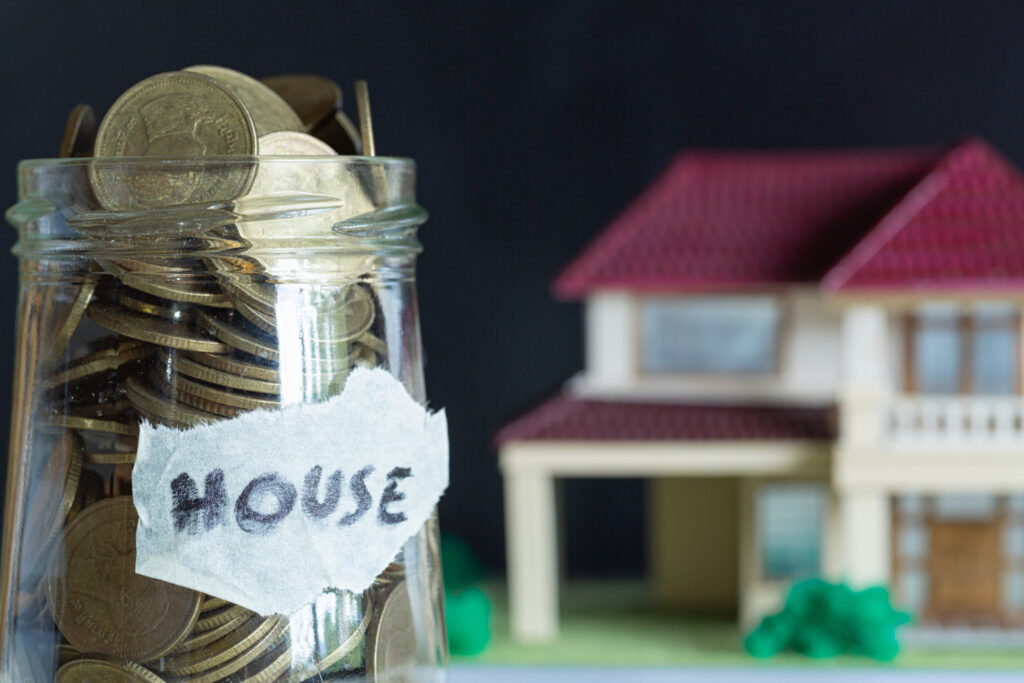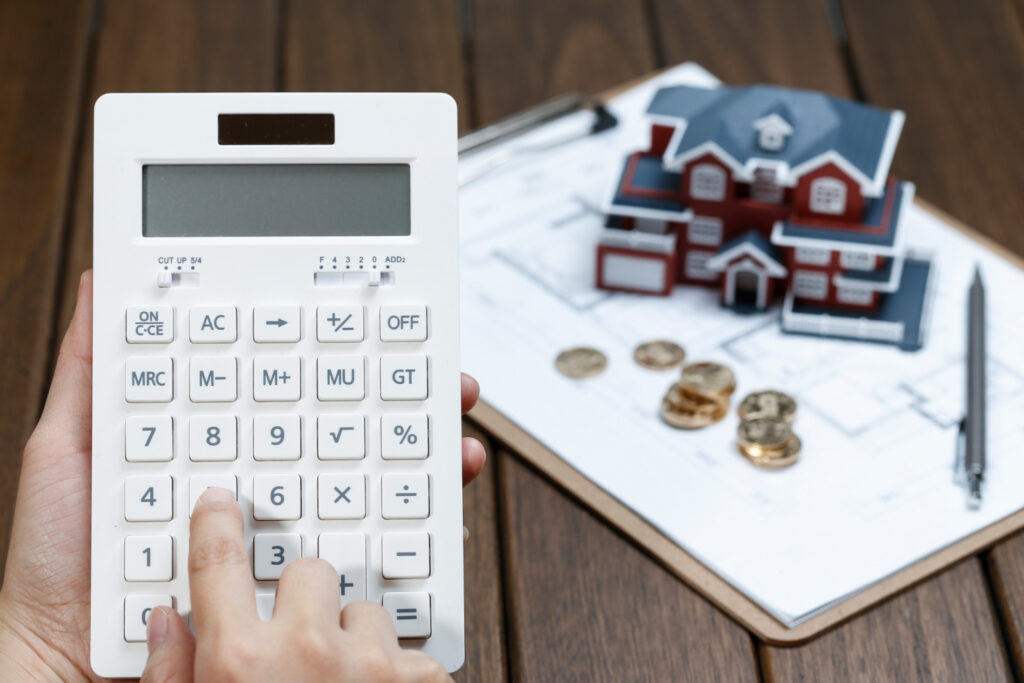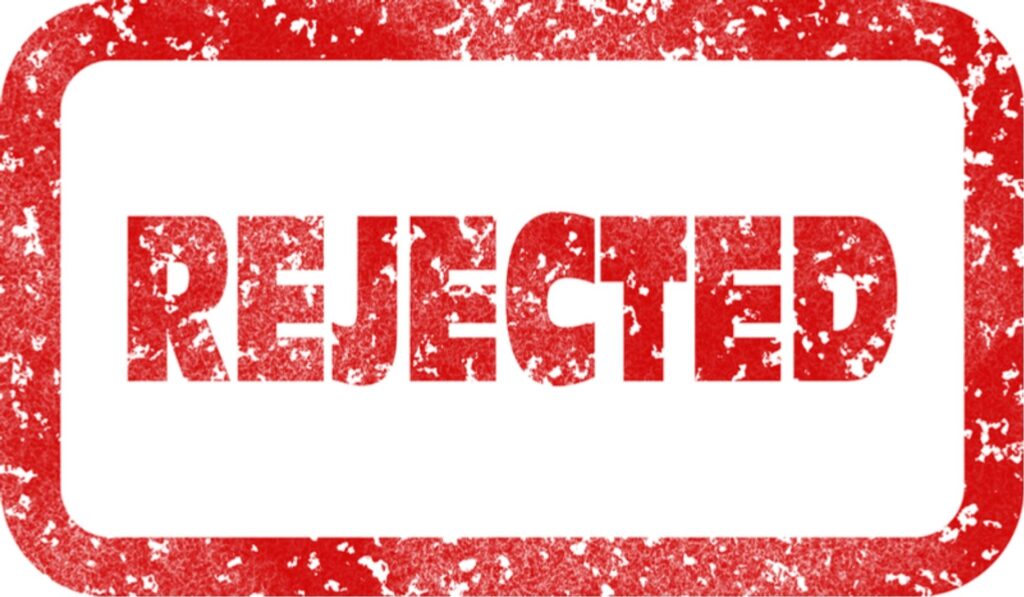Comprehensive Guide to Airbnb Property Management Costs in Australia
In recent years, the popularity of Airbnb Property and Short-term rental properties has soared among
investors seeking a viable alternative to traditional real estate investments. As the attraction
of positive cash flow tempts many, the team at Investax Group has noticed a surge in
inquiries from individuals seeking guidance on managing Airbnb type of properties to
achieve the best possible tax outcomes while avoiding scrutiny the Australian Taxation
Office (ATO)[1].
Amidst high interest rates and low rental yields that have rendered a majority of Australian
real estate negatively geared, Airbnb investments have emerged as an attractive option for
investors aiming to bolster their financial portfolio. By embracing short-term rentals, savvy
investors can unlock the potential for positive cash flow while optimizing their tax benefits.
In this comprehensive guide, we will explore the key considerations that property owners
are always looking for when managing Airbnb properties.

Why Airbnb Properties Have Captured Investor Interest
The traditional real estate market in Australia, although historically lucrative, has recently
faced challenges due to the prevailing economic climate. High-interest rates and low rental
yields have culminated in negative gearing, a situation where rental income fails to cover
mortgage expenses and other property-related costs.
Enter Airbnb, a game-changing rental management system that enables property owners to
list their homes, apartments, or spare rooms for short-term rentals. The advantages of
Airbnb investments are multifaceted:
Positive Cash Flow: Unlike long-term rentals, which may yield minimal profit after expenses,
Airbnb properties often generate higher returns. The ability to set competitive pricing,
especially in sought-after locations, can translate into positive cash flow, even after
accounting for operational costs.
Flexibility and Accessibility: Airbnb allows property owners to use their homes when
vacant, offering flexibility that traditional long-term leases lack. Investors can enjoy their
property during off-peak rental periods while still reaping financial benefits from peak rental
times.
Market Demand: With a surge in travellers seeking unique and personalized
accommodations, the demand for Airbnb properties has skyrocketed after COVID lockdown
finished in Australia. This increased demand often translates to higher occupancy rates and
more substantial returns on investment.

Airbnb Property Management Costs:
The costs of running an Airbnb or engaging in short-term leasing generally differ from those
of long-term residential leasing. The management and maintenance costs are usually higher
due to the nature of short-term leases. In addition to core property expenses such as council
rates, water rates, and loan interest, we have listed the expenses that differ from long-term
rental properties.
- Platform Fees: Airbnb typically charges hosts a service fee for every booking. This fee
can range from 3% to 5% of the reservation subtotal. For a booking of $1000, this
would be between $30 to $50[ 2 ]. - Professional Photography: The cost can vary widely based on the photographer’s
experience and the number of photos. A ballpark figure might be between $150 to
$500. - Dynamic Pricing Tools: Some tools are subscription-based, and others might take a
percentage of the increased revenue they help generate. Expect costs to range from
$10 to $50 per month or a small percentage of the booking. - Cleaning Fees: Cleaning fees can vary based on the size of the property and location.
On average, cleaning can cost between $50 to $150 per service. - Restocking Amenities: The cost of replenishing items like toiletries, coffee, tea, and
snacks can range from $10 to $50 per guest stay, depending on the quality and
quantity of items provided. - Maintenance and Repairs: This is highly variable depending on the wear and tear.
Setting aside 1-2% of the property’s value annually is a common recommendation. - Utility Bills: For a two-bedroom property, utilities can range from $150 to $400 per
month, including water, electricity, and gas. - Guest Communication: Costs related to phone bills, internet, or property
management software subscriptions can range from $50 to $150 per month. - Check-in/Check-out Services: If not using self-check-in, paying someone to meet
guests can cost between $20 to $50 per check-in/check-out. - Marketing and Advertising: Promoting listings outside of Airbnb through ads or
social media campaigns can cost anywhere from $50 to $500 per month, depending
on the scale. - Insurance: Specialised short-term rental insurance might be more expensive than
traditional homeowner’s insurance, with premiums ranging from $500 to $2000
annually, depending on the property’s value and location. - Accounting Fee: Specialised property accountant may charge anywhere between
$250-$500+GST for each AIR BNB property. This is primarily because Airbnb
properties typically have more transactions than long-term residential properties. - Local Taxes and Licenses: While the exact amount can vary based on the local
council, a general estimate for licenses and taxes can range from $100 to $500
annually. Recently VIC government has introduced a 7.5% levy on platform such as
Airbnb and Stayz. This Levy will be implemented from 2025 and according to the
previous Premier Daniel Andrews this levy will be used to pay for social housing[3].
It’s essential to note that these are general estimates and can vary based on several
factors, including property location, size, and individual host preferences. Always consult
with local service providers for precise figures.

Maximizing Tax Deductions for Airbnb Property Owners: Identifying Allowable Expenses
When it comes to managing Airbnb properties, one of the key aspects to consider is
identifying and optimizing allowable deductions that can offset rental income. Unlike long-
term rentals, Airbnb and short-term rentals often incur higher expenses that can be claimed
as tax deductions. For instance, in long-term leasing, tenants typically cover electricity, gas,
and water usage costs. However, in Airbnb and short-term leasing, property owners are
responsible for these expenses. The good news is that as long as meticulous records are
maintained; these expenses can be claimed as legitimate tax deductions.
Furthermore, in short-term rental scenarios, owners frequently invest in entertainment
amenities like Netflix subscriptions, TVs, projectors, game consoles, and more, specifically to
enhance their guests’ experience. As long as these entertainment expenses are exclusively
dedicated to serving guests, they can also be considered tax deductible.
By understanding and utilising these deductible expenses wisely, Airbnb property owners
can optimize their tax benefits, ensuring a more financially rewarding venture. Keeping
detailed records is vital to substantiate these deductions and uphold compliance with tax
regulations.

Apportionment: Maximizing Deductions for Mixed-Use Properties
For Airbnb property owners who utilize their property for both personal and investment
purposes, the concept of apportionment becomes critical in determining the portion of
expenses that can be claimed for tax deductions. Suppose you own a holiday home where
you spend a few weeks each year for personal enjoyment. In that case, it is essential to
meticulously apportion expenses based on the periods of personal use versus the periods
when the property is available for rental.
Apportionment involves calculating the precise percentage of time the property is used for
personal use and the time it is available for rental. Subsequently, expenses such as property
maintenance, utilities, insurance, and other relevant costs can be allocated accordingly to
ensure that only the portion related to the rental use is claimed as tax deductions.
This approach ensures compliance with tax regulations and allows Airbnb property owners
to make the most of eligible deductions, striking a balance between their personal
enjoyment of the property and its income-generating potential. Proper record-keeping is
fundamental in substantiating these apportioned expenses to avoid any discrepancies
during tax assessments.
By implementing sound apportionment practices, property owners
can optimize their tax outcomes while enjoying the benefits of their Airbnb investments.

Record Keeping: The Crucial Aspect of Substantiating Tax Claims
Maintaining meticulous record-keeping is an indispensable practice when it comes to
claiming tax deductions for your expenses. Many clients mistakenly believe that as long as
they make payments via their bank account, they automatically qualify for tax deductions.
While the Australian Taxation Office (ATO) may sometimes show leniency towards bank
transactions, they require a genuine business context behind these transactions to approve
claims[ 4 ].
In instances where a legitimate invoice or receipt is lacking, the ATO may reject expense
claims. For example, let’s say you hire your apprentice electrician cousin to fix a light switch
in your Airbnb property, but he doesn’t possess an ABN, and he doesn’t provide you with an
invoice. Despite paying him through your bank account, attempting to claim this expense
through your accountant will not be tax-deductible.
To ensure the acceptance of your tax claims, it is essential to have proper documentation,
such as genuine invoices or receipts, supporting the expenses incurred. These records
demonstrate the validity and authenticity of the transactions and substantiate the business
purpose behind the payments made.
Maintaining accurate records not only safeguards your tax deductions but also
demonstrates your commitment to compliance with tax regulations. It is a responsible
practice that instils confidence in your financial reporting and reduces the likelihood of ATO
scrutiny.
Action Plan for the Airbnb property owners –
Proactive Planning:
- Develop a proactive approach to maximize tax benefits for your Airbnb properties.
- Ensure meticulous planning to keep up with tax regulations.
- Seek expert guidance to manage
Engage with the Airbnb Community:
- Join discussions with other Airbnb hosts.
- Attend Airbnb community events and participate in online forums.
- Share insights and strategies with peers to navigate the evolving tax landscape effectively.
Stay Updated on Tax Regulations:
- Regularly check updates from the Victorian government concerning the 7.5%
- levy on Airbnb platforms.
- Anticipate regulatory changes and adjust your rental pricing accordingly.
- For those operating or planning to operate in NSW, monitor any updates or announcements about potential Airbnb taxes.
- Be proactive to adapt swiftly to any regulatory changes.
The Airbnb property management offers lucrative opportunities for investors seeking
positive cash flow, especially amidst a real estate market characterized by negative gearing
due to high interest rates and low rental yields. However, achieving the best possible tax
outcomes while avoiding scrutiny from the Australian Taxation Office (ATO) requires a
thorough understanding of the tax implications and adherence to ethical practices.
At Investax Group, we prioritize assisting clients in navigating the complexities of tax law
while optimizing their financial gains from Airbnb ventures. By seeking guidance from
Property Tax specialists, individuals can make informed decisions, striking the right balance
between income generation and tax compliance.
Sources
- ato.gov.au – Renting out all or part of your home
- savings.com.au – Hosting Airbnb: Set-Up, Fees & Costs
- The Guardian- Australian-first 7.5% levy to hit all Airbnb.
- ATO Community
- independent.com.au – How much are property management fees
- theminimalist.com.au – How much does Airbnb management cost in Melbourne
- managedbnbs.com.au – What do Airbnb management companies charge?
- finder.com.au – Property management fees: How much should you pay?





